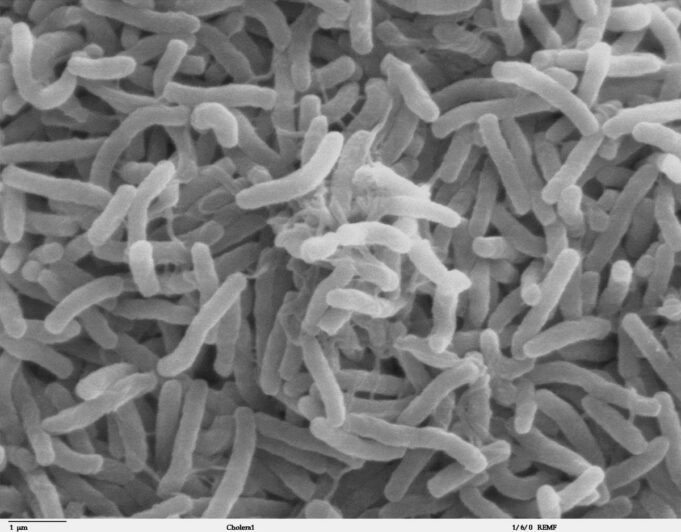As the rainy season intensifies, the Nigeria Centre for Disease Control and Prevention (NCDC) has raised concerns over the increasing cases of cholera which has claimed 30 lives in the country.
A statement issued by the Director General of the NCDC, Dr Jide Idris, on Thursday, June 13, 2024, noted that from January 1 to June 11, a total of 1,141 suspected and 65 confirmed cases of cholera have been reported from 96 Local Government Areas in 30 states.
Idris listed the 10 states that contributed the most to the burden of cholera to include Bayelsa, Zamfara, Abia, Cross River, Bauchi, Delta, Katsina, Imo, Nasarawa, and Lagos States.
He, however, stated that a multi-sectoral National Cholera Technical Working Group, led by the centre and comprising of the Federal Ministries of Environment and Water Resources, the National Primary Health Care Development Agency, the World Health Organisation, the United Nations Children’s Fund, and other partners, has been providing support to the affected states.
“This support includes risk communication, active case search, laboratory diagnosis, case management, provision of response commodities, water sanitation and hygiene interventions, and dissemination of Cholera awareness jingles in English and local languages,” he said.
Lassa fever: NCDC records 200 deaths in 28 states
The NCDC boss further warned against the use of water from contaminated food and water sources, especially water contaminated by the faeces of infected individuals, saying Cholera was a food and water-borne disease caused by the ingestion of the organism in contaminated water and food.
Idris added: “Contamination of drinking water can occur at the source, during transportation, or storage at home. Food may be contaminated by soiled hands, either during preparation or while eating.
“Beverages prepared with contaminated water and sold by street vendors, ice, and even commercial bottled water have been implicated as vehicles of transmission, as have cooked vegetables and fruits freshened with untreated wastewater.
“The time between infection and the appearance of symptoms is two hours to five days. It has a higher risk of transmission in areas that lack adequate sanitation facilities and a regular supply of clean water. Unsafe practices such as improper disposal of refuse and open defecation endanger the safety of water used for drinking and personal use.
“Symptoms of cholera include acute profuse, painless watery diarrhoea (rice water stools) of sudden onset, with or without vomiting. It may be associated with nausea, profuse vomiting, and fever.
“Severe cases can lead to death within hours due to dehydration (massive body fluid loss). However, most infected people (about 80 per cent) may only show mild symptoms or have no symptoms at all.”
To reduce the risk of cholera, the NCDC boss advised the public to ensure that water is boiled and stored in a clean and covered container before drinking, and to practice good personal hand hygiene by washing your hands frequently with soap under clean running water, using alcohol-based hand sanitiser if soap and clean water are not available.
He also advised healthcare workers to practice standard safety precautions and intensify surveillance efforts to report suspected cholera cases.
- Guber poll: IGP restricts movement in Edo - September 20, 2024
- Tinubu to INEC, security agencies: Be impartial in Edo guber poll - September 20, 2024
- Jonathan to INEC: Ensure transparent voting process in Edo election - September 20, 2024










